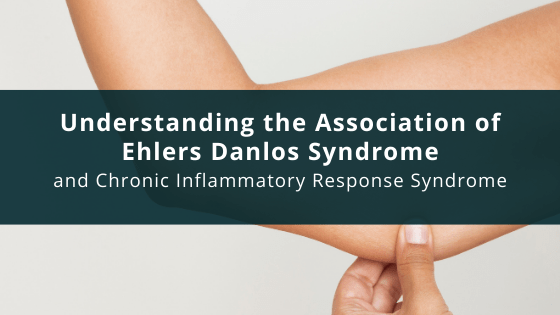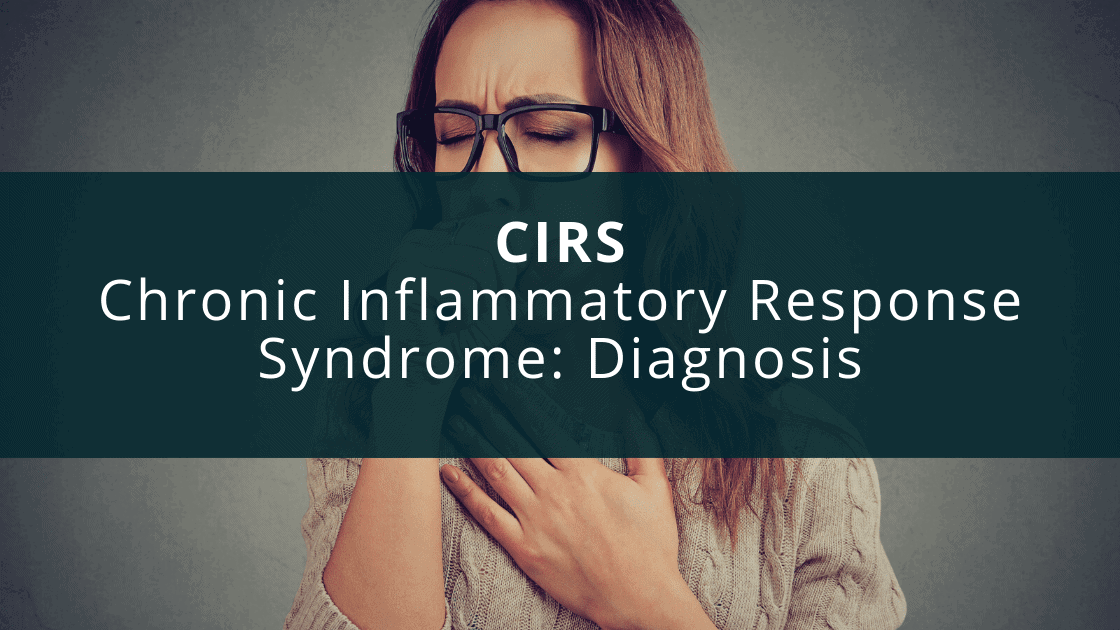I wanted to elaborate on the importance of immunoglobulin deficiencies. It is my belief that immunoglobulin deficiencies are under diagnosed in this country. That the ever-changing complexities of our patients, due to increasing life expectancy, which creates more genetic diversity, along with patients living longer with chronic disease will push the envelope for the medical management of patients. Clinical reasoning will be more necessary than ever in treating patients who do not fit into the generic clinical outcome model. The challenging question then becomes if one infectious disease practitioner is seeing all of these patients with immunoglobulin deficiencies the same may be true for other infectious disease practices and clinics.
In order to help combat the growing threat of antibiotic resistant organism, there must be a bridge between Immunology and Infectious Disease. This bridge has to be more than the one question relegated to the Infectious Disease certification exam annually. There must be a concise approach to doing a comprehensive immunoglobulin workup on patients once standard medical management has failed. This in turn will give clinicians one more arrow in the quiver in the battle against antibiotic resistant organisms. Many people suffer from immunoglobulin deficiencies and will go there whole lives in and out of doctors offices.
They will be referred to many specialist providing them with temporary solutions but never identifying the root cause of the issue. These patients will experience chronic infections and viruses in repeating patterns. Immunoglobulin deficiencies can severely effect a persons quality of life especially if the patient is in the early stages of their life. These younger patients are unable to participate in daily physical activities due to chronic illness and extensive treatment.
Some of the most common issues can be:
- Pneumonia
- Chronic Sinusitis
- Mono
- Flu
- MRSA
- Cytomegalovirus
- Bronchitis
Unfortunately, many rarely receive the proper diagnosis and, as a result, never receive the proper treatment. These chronic infections and illnesses are often overlooked and under examined. If a comprehensive immunoglobulin workup on the patient is done, then, we can properly diagnose.
I implore referring physicians to find the specialist that have the capability for the proper work up. Many of my patients walking in the door tend to be in their 50s and 60s when they receive the diagnosis and begin treatment.
If this subject is more discussed among physicians and awareness is raised, those with immunoglobulin deficiencies can be discovered early. Together, we can raise the awareness on proper work ups in order to avoid a lifetime of misdiagnosis.
*****PLEASE SHARE THIS BLOG TO HELP RAISE AWARENESS****







